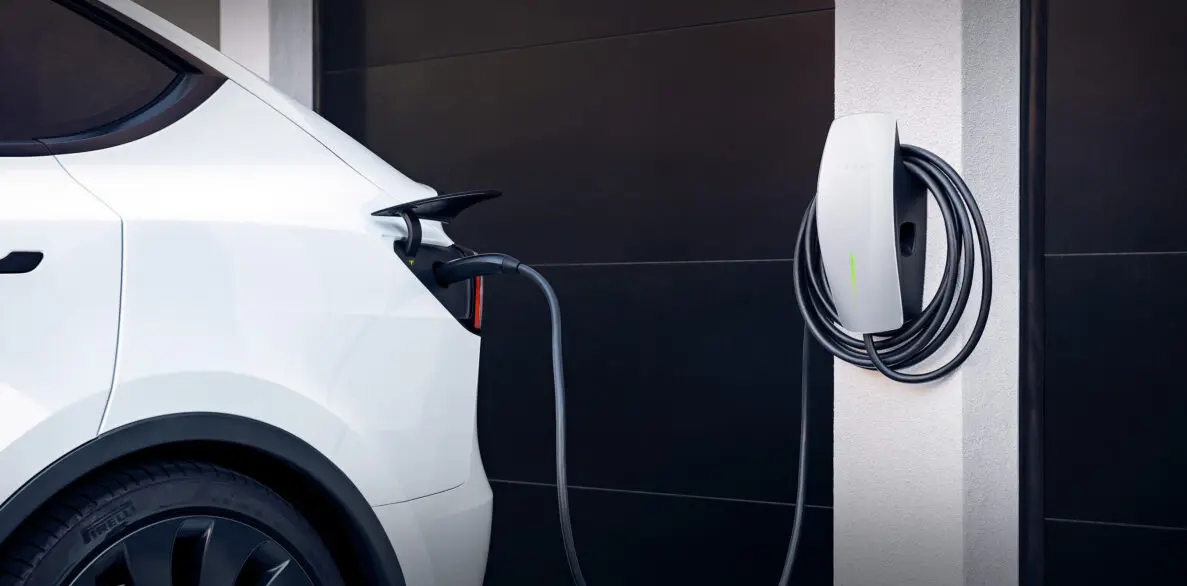
A Complete Cost Comparison Between DIY and Professional EV Charger Installation
Installing an EV charger at home is a practical way to ensure your electric vehicle is conveniently charged. Whether you choose a professional electrician or decide on a DIY installation, understanding the cost to install an EV charger will help you budget effectively. In this guide, we’ll explore detailed installation scenarios, comparing costs between professional and DIY installations, and outline essential factors influencing total expenses.
Main Cost Components
Installation costs generally comprise three main categories:
- Professional Installation: Labor, materials, permits, and inspections.
- DIY Installation: Material costs, permit fees, potential inspection fees, and required tools.
Factors Affecting Installation Costs
The primary elements impacting costs include:
- Electrical Panel Capacity: Whether an upgrade is required.
- Distance and Complexity: Length of wiring and necessity of drilling or trenching.
- Installation Type: Choosing between plug-in or hardwired installations.
- Site Conditions: Indoor vs. outdoor installation, presence of obstacles like concrete walls.
Material Cost Reference
Here’s a general pricing reference for common materials:
- Outlet (NEMA 14-50): $20–$80
- GFCI Breaker: $100–$150
- Copper Wire (#6 THHN): $1.7 per foot
- Copper Wire (#10 THHN): $0.92 per foot
- Conduit (EMT/PVC): $1–$4 per foot
- EV Charger Unit: $400–$800
- Permit and Inspection: $50–$500
Real-Life Installation Cost Examples
Let’s review actual installation cases shared by homeowners and electricians:
| Case | Location | Details | Total Cost | Notes |
|---|---|---|---|---|
| 1 | Qmerit | Panel upgrade to 200A + charger installation | $3,145 | Comprehensive high-cost scenario |
| 2 | Minnesota | 30ft wiring, materials, installation, permit ($85) | $1,210 | Standard scenario with no panel upgrade |
| 3 | South Carolina | 5ft wiring, materials, installation, permit ($50) | $968 | Simplest scenario with low costs |
| 4 | South Carolina | 60A circuit, 60ft wiring, conduit, multiple quotes | $1,600–$2,800 | Varied significantly by contractor |
| 5 | Unspecified | 50-60A circuit, 80ft conduit wiring, installation | $3,850 | Complex, longer wiring scenario |
These examples illustrate how project complexity and site conditions significantly influence total costs. Permit and inspection fees vary considerably by location and can range widely, as seen in these examples from $50 to over $1,000.
DIY Installation Costs
If you’re experienced with electrical installations, a DIY approach compliant with NEC 2020 can be cost-effective. Here’s a professional-grade DIY materials breakdown for a 20-foot wiring scenario using a NEMA 14-50 outlet:
| Item | Description | Cost |
|---|---|---|
| Outlet | Bryant NEMA 14-50 | $65 |
| GFCI Breaker | Homeline 50A, 2-pole | $135 |
| Wiring | #6 THHN (60ft total), #10 THHN ground (20ft) | $121 |
| Conduit | EMT (20ft) + Liquid Tight (5ft) | $37 |
| Connectors | EMT coupling, connectors, fittings | $30 |
| Terminals & Misc. | Wago connectors, grounding screws, terminals | $20 |
| Hardware | Boxes, covers, hangers | $5 |
| Total | $413 |
If you choose a hardwired installation instead of a plug-in setup, you can eliminate the cost of the NEMA 14-50 outlet ($65), and use a less expensive non-GFCI breaker ($20).
Always consult your local building authority to verify local installation requirements, obtain necessary permits, and confirm inspection requirements.
Additional or Hidden Costs
An important additional consideration is whether your installation will require dynamic load management equipment. This specialized equipment ensures your EV charger does not exceed your home’s electrical panel capacity. For detailed information on dynamic load management equipment and pricing, please refer to our guide, How to Install EV Charger Without Service Capacity Upgrade.
Incentives and Rebates
Many states and local utilities offer rebates and incentives for EV charger installations. Check local and federal incentives to reduce your total out-of-pocket expenses significantly.
Conclusion
The cost to install an EV charger can vary significantly based on your specific situation. Professional installations range broadly depending on complexity, while DIY options are considerably more affordable if you have the necessary experience and comply with local codes. Consider the long-term benefits, including fuel savings, convenience, and added home value when budgeting your EV charger installation. For comprehensive planning advice, revisit our detailed guide, How to Install an EV Charger.
